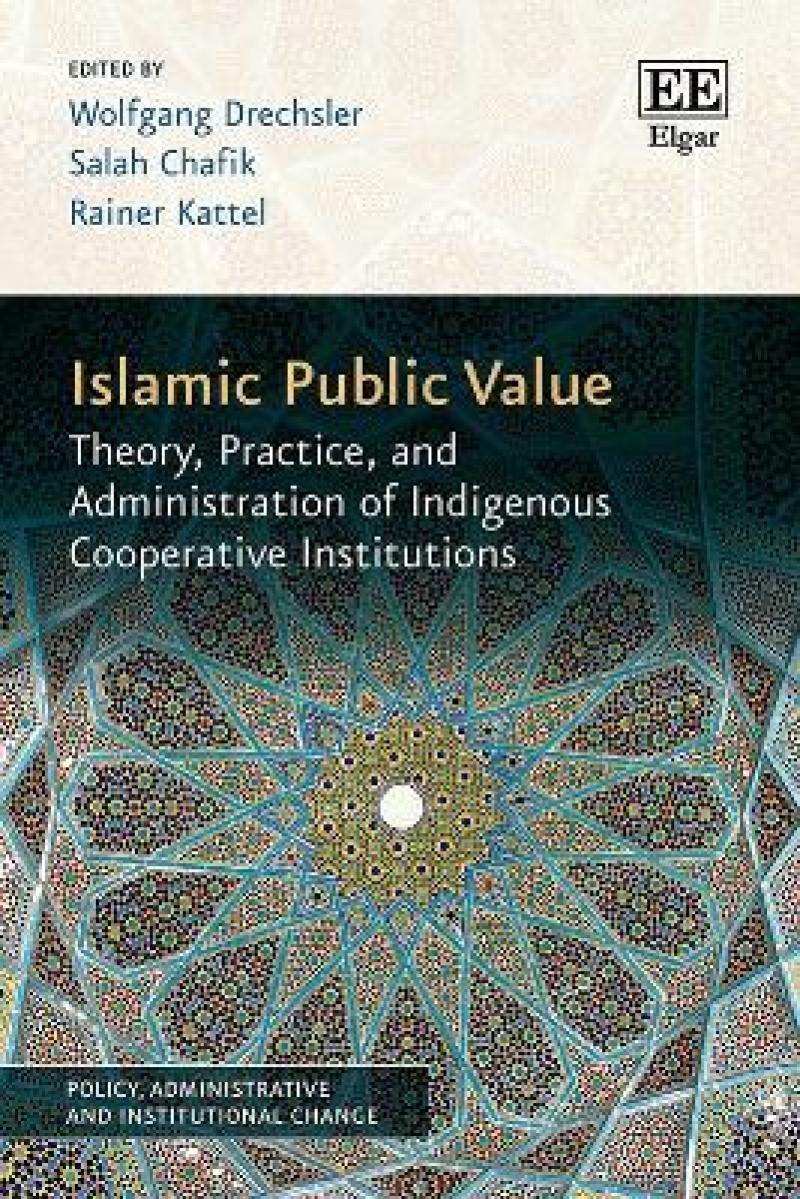<i>‘This book provides a unique understanding of Islamic public value and explores the reasons behind operating “century-old” community-based institutions that still exist to deliver quality public services. The collection covers a wide variety of topics and would be of great interest to students, scholars and practitioners of public administration, public policy, non-profit management, political science, and sociology.’</i>
- Shahjahan Bhuiyan, The American University in Cairo, Egypt,
Renowned experts propose faith-based perspectives to the field of public value and present diverse research into the relationship between religion and public administration. Chapters discuss Islamic indigenous governance institutions as functional examples of Islamic public administration and as existing alternatives to dominant global-Western models. They highlight historical cases of Islamic governance and administration that demonstrate practical approaches and solutions in contemporary society. The book’s international case studies span Muslim-majority and -minority contexts based on ethnographic fieldwork and provide an empirical basis for the book’s thought-provoking arguments.
Islamic Public Value is a vital resource for students and academics in politics, public administration, regulation and governance and Islamic studies. Its exploration of non-Western governance models also makes it an essential guide for practitioners and policymakers in public management and policy.
